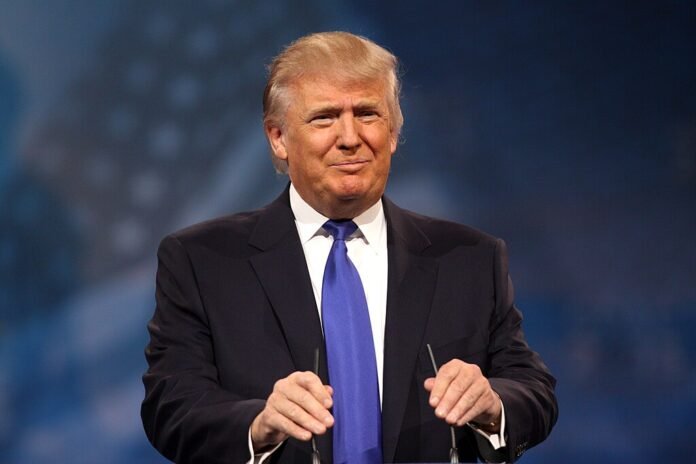A chilling mineral-for-peace pact: Trump teases Putin with resource access to end Ukraine’s agony
On 13 August 2025, U.S. President Donald Trump unveiled a metal-tinged twist in diplomacy, preparing to offer Russian President Vladimir Putin access to rare-earth minerals found in Alaska — a move intended to incentivise him to end the war in Ukraine.
At its heart, the proposal sees Trump dangling tantalising mineral rights as if they were a peace-deal ransom. He hopes that promising access to Alaska’s critical materials — essential in modern technologies — will persuade Putin to pull back the boots and guns raining down on Ukrainian cities. The idea landed like a thunderclap: trading sovereignty for supplies.
The backdrop to this dramatic arm-twist is an upcoming summit between the two leaders, scheduled for 15 August 2025 in Anchorage, Alaska — their first face-to-face since Trump’s re-election and the first U.S.–Russia summit on American soil since 1988. As the twilight of diplomacy approaches, Trump has also warned Putin of “severe consequences” should he refuse a ceasefire or peace terms.
European leaders, meanwhile, have insisted firmly that Ukraine must remain a core actor in any peace process. They stress that decisions about its fate cannot be made behind closed doors without Kyiv’s consent. Ukrainian President Volodymyr Zelenskyy stands resolute: no territorial concessions, no secret deals.
Embed from Getty ImagesTrump frames the mineral access offer as a bold and pragmatic solution — an economic olive branch that respects the urgency of ending the bloodshed. Yet critics accuse him of treating resource-rich regions as bargaining chips. One commentator derides it as a “way to gift away other peoples’ resources in a bid for a Nobel Peace Prize”. Another analyst has warned that conceding to Putin’s demands without Ukrainian agreement could threaten the integrity of the peace process.
This high-stakes gambit unfolds amid Trump’s broader diplomatic shift. Once hopeful of brokering peace within 24 hours, he now alternates between admiration and scorn for Putin, calling him “absolutely crazy” when negotiations stall. His stance towards Zelenskyy has softened slightly, too — offering air-defence systems and signalling private support — though he remains critical of Ukraine’s unwillingness to negotiate.
Critics on both sides of the Atlantic worry about the precedent this deal would set. Granting access to U.S. mineral wealth in exchange for a ceasefire risks undermining norms of sovereignty. This is especially sensitive given that Ukraine continues to face Russian aggression, and its leadership rejects any deal that sacrifices land or rights on its behalf.
Trump’s mineral-for-peace playbook may yet yield a ceasefire — or it could trigger a diplomatic meltdown. As the summit unfolds, all eyes will fall on Anchorage. Will minerals trump morality? Or will the resources he’s bartered away cost more than peace itself?
